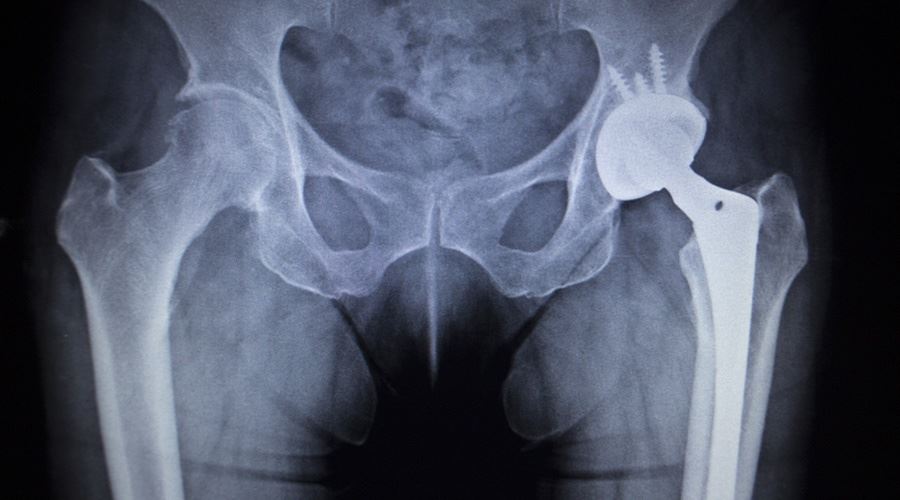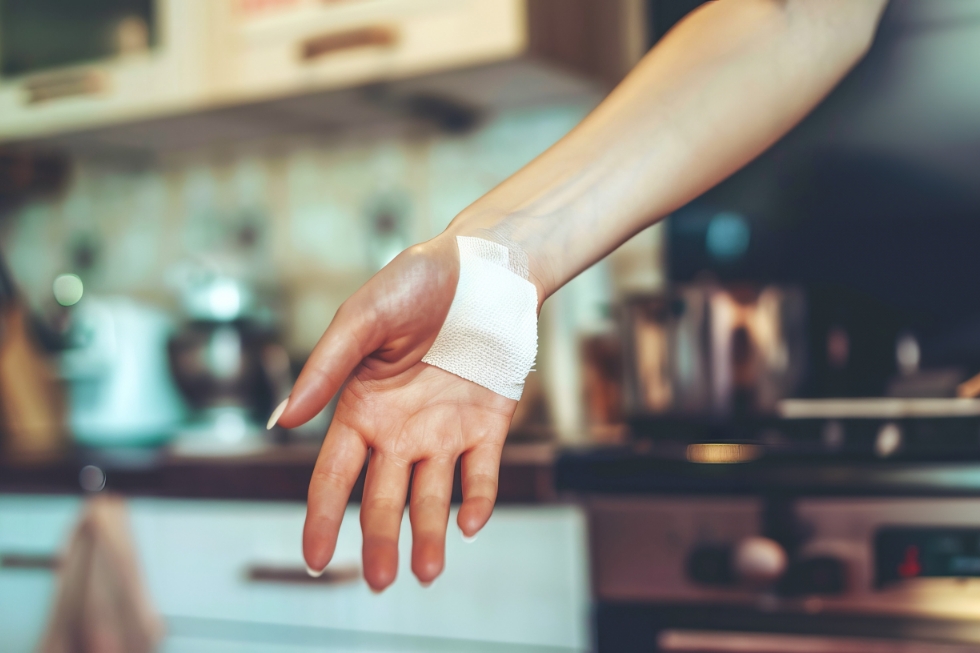On Nov. 16, six people in New York who were fitted with Pinnacle artificial hips that subsequently had to be surgically removed were awarded $247 million in a decision against Johnson & Johnson. The company’s DePuy unit was responsible for the hips’ manufacturing. Although the company tried to argue that the artificial hips failed because of normal wear and tear, the jury found that the company did not warn medical professionals and patients that the devices were defective despite knowing they might fail prematurely. The hips have not been sold since 2013 when regulations for artificial hips were tightened by the Food and Drug Administration. The total awarded in punitive damages was $168 million with the remaining $79 million in actual damages.
There have been 9,9000 lawsuits filed against Johnson & Johnson regarding artificial hips. The first case in 2014 was unsuccessful as a jury ruled against a woman’s claims that the device caused metal poisoning. Later, one group of five patients was awarded $150 million while half a dozen others got just over half a billion.
In the November case, the company was accused of improperly marketing the hips. Furthermore, it was accused of doing too little testing.
Companies are responsible for putting safe products on the market. Standards differ depending on the type of product and the consumer the product is aimed at, but a person who is injured by a device might want to talk to an attorney. Dangerous products may result in serious injury or death to the consumer. A product liability lawsuit might result in the person receiving payment for damages and could also negatively affect the company’s image. In some cases, a company might offer to settle out of court.
Source: Bloomberg, “J&J Ordered to Pay $247 Million Over Defective Hips,” Jef Feeley and Tom Korosec, 11/16/2017



